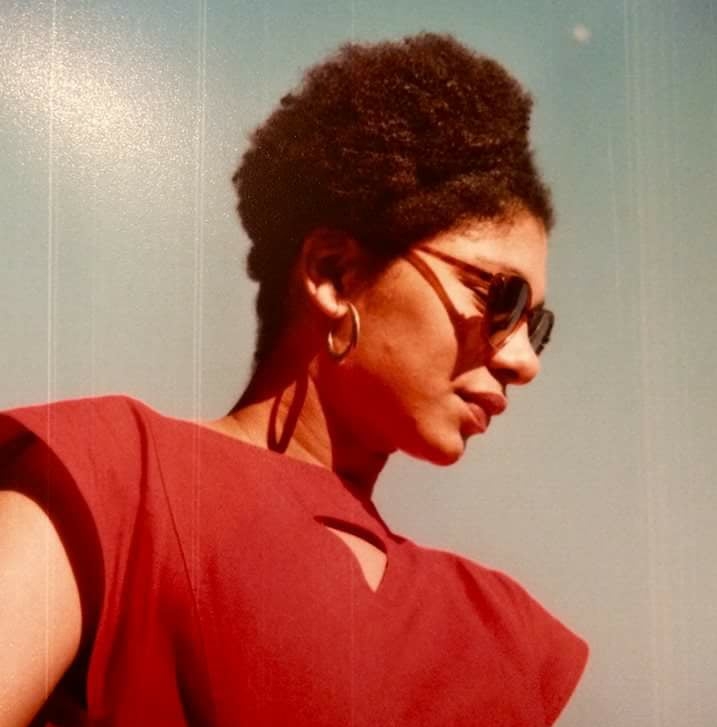| CANAL CES |
| PODCAST |
| TEMAS |
| PESSOAS |
|
Interview by: Rita Santos and Ana Cristina Pereira Este podcast faz parte da série de 28 podcasts realizados sobre o caso português e italiano no âmbito do projeto de investigação de 36 meses (2018-2021) (De)Othering: Desconstruindo o Risco e a Alteridade: guiões hegemónicos e contra-narrativas sobre migrantes/refugiados e “Outros internos” nas paisagens mediáticas em Portugal e na Europa, que pretendeu analisar criticamente representações mediáticas de migrantes, refugiados e “outros internos” em Portugal e na Europa, mapeando as suas interconexões com narrativas produzidas no domínio da segurança e no quadro da Guerra ao Terrorismo. O seu foco, uma análise de Portugal à luz de estudos de caso europeus profundamente afetados por ameaças terroristas (Reino Unido e França) e por fluxos migratórios/de refugiados (Itália e Alemanha), pretende investigar a construção de narrativas transnacionais de risco que permeiam a Europa independentemente da sua exposição “diferenciada”. O projeto foi financiado pelo pelo FEDER – Fundo Europeu de Desenvolvimento Regional através do COMPETE 2020 – Programa Operacional Competitividade e Internacionalização (POCI) e por fundos nacionais através da FCT – Fundação para a Ciência e a Tecnologia (Referencia Projeto: POCI-01-0145-FEDER-029997) ----- English Version This podcast is part of a series of 28 podcasts produced on the Portuguese and the Italian cases as outputs of the research undertaken in the 36 months project (2018-2021) (De)Othering: Deconstructing Risk and Otherness: hegemonic scripts and counter-narratives on migrants/refugees and ‘internal Others’ in Portuguese and European mediascapes that sets out to critically examine media representations on migrants, refugees and ‘internal Others’ in Portugal and across Europe while mapping out their interconnections with particular narratives in the field of security and within the War on Terror. Its focus – an analysis of Portugal in the light of other European cases affected by terrorist threats (United Kingdom and France) and by migrant/refugee flows (Italy and Germany) – aims to explore the construction of transnational narratives of risk pervading Europe regardless of the ‘differential’ exposure to them. The project was funded by FEDER – European Regional Development Fund through the COMPETE 2020 – Operational Programme for Competitiveness and Internationalisation (POCI), and by Portuguese funds through FCT in the framework of the project 029997 (Reference: POCI-01-0145-FEDER-029997).
In what concerns the media representation of racialized people, she recalls how precarious the media coverage is when it comes to racial hate crimes. In the past few years, a series of episodes took place in Portugal, like the murders of Giovani and Bruno Candé and the assault of Cláudia Simões, while the media, in addition to providing deficient and partial coverage, reiterates some extremist views. First, regarding Claudia, reinforcing the idea of the angry black woman, who does not shut up, who has no limits, who is an affront. About Bruno Candé and Giovani, when a black youth is mentioned, even if unconsciously, people make the association in the way they are normally portrayed: as delinquents, criminals, people who do not work nor study. Those constructions and representations that could be from the beginning of the 20th century, still exist and media, as an area that has changed just little since then, works on promoting hate speech, through the manipulation of images, use of a certain words and language, selection of reports, etc. Thereby, the image of the Black body as a foreign body remains, and perpetuates the myth of the wild, brut Black man, in which the construction of the nation was based, using whiteness as a pattern to create Otherness. Melissa also links these perspectives to Salazar's heritage and highlights the importance of recognizing Portugal as a racist country in order to try to reverse this situation and raise awareness. pessoas
ligações
|





 Melissa Rodrigues is an art educator and anti-racist activist. She is a member of the Núcleo Anti-Racista do Porto and founder of Chá das Pretas, an anti-racist feminist group. She begins this episode talking about the paradoxical feelings of being a Black female artist. Melissa mentions that there is a certain fetishism around this, especially when these artists talk about anti-racism.
Melissa Rodrigues is an art educator and anti-racist activist. She is a member of the Núcleo Anti-Racista do Porto and founder of Chá das Pretas, an anti-racist feminist group. She begins this episode talking about the paradoxical feelings of being a Black female artist. Melissa mentions that there is a certain fetishism around this, especially when these artists talk about anti-racism.